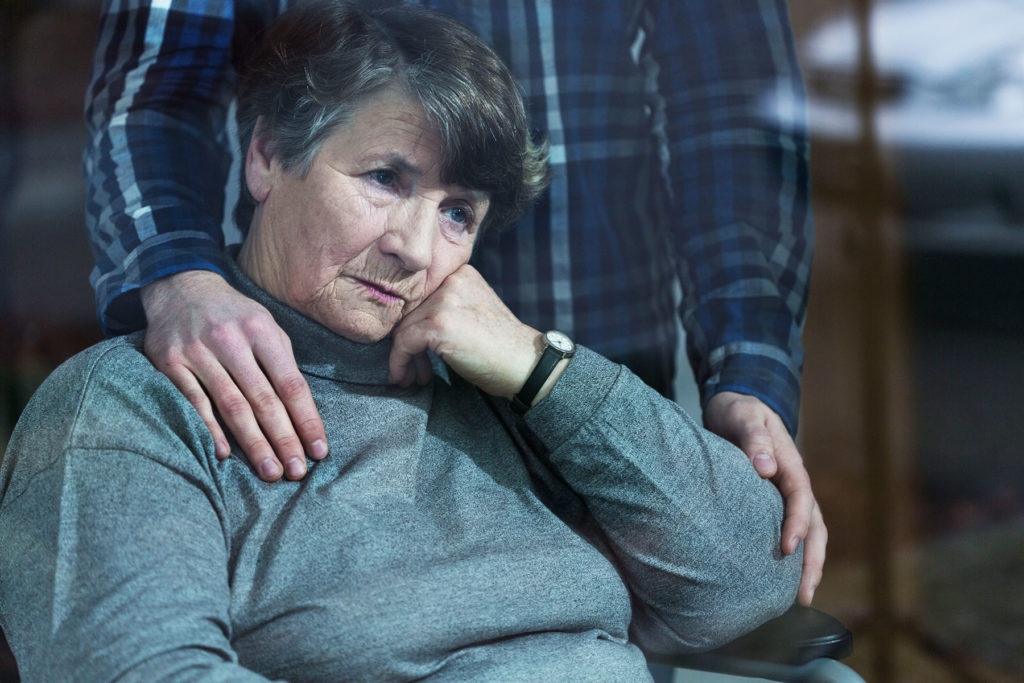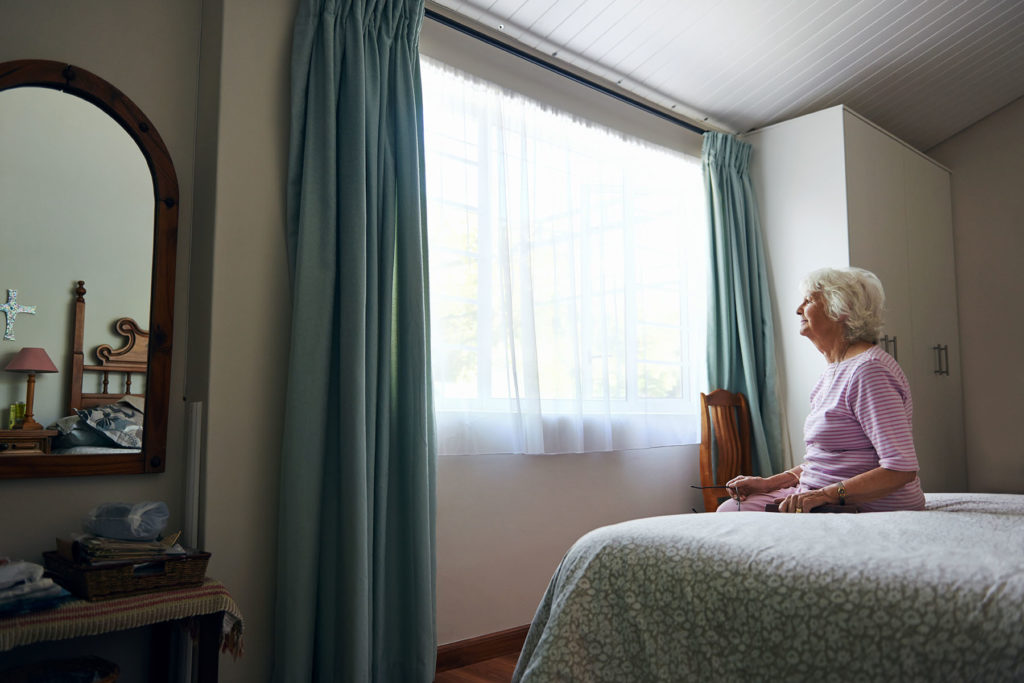Not a Normal Part of Aging.
Everyone feels down or sad sometimes, but these feelings usually pass after a few days. When you have depression, you have trouble with daily activities for weeks at a time. Depression is a serious illness that needs treatment. If left untreated, depression can lead to suicide. Sometimes older adults do not express their symptoms well to their doctor and their depression may be overlooked. There are many different symptoms:
- Feelings of sadness, hopelessness, irritability, anxiety or guilt
- Loss of interest in favorite activities or lack of focus
- Too much, or too little eating and/or sleeping
- Thoughts of suicide or suicide attempts
- Aches and pains, or digestive problems
Factors like family history, brain chemistry or stressful life situations often contribute to depression.
Seasonal Affective Disorder (SAD)
Some people experience depression during the winter months called Seasonal Affective Disorder (SAD). The best treatments include light therapy (phototherapy), talk therapy and medications. The specific cause of SAD remains unknown but these seasonal changes may adversely impact mood!
- Reduced levels of sunlight in fall and winter may disrupt circadian rhythm, the body’s internal clock.
- Serotonin, a chemical neurotransmitter in the brain may drop with seasonal changes causing depressive feelings.
- The change in season can disrupt melatonin, affecting mood and sleep patterns.
Be Thankful
Gratitude can transform common days into thanksgivings, turn routine jobs into joy, and change ordinary opportunities into blessings.
Holiday Blues?
At the holidays people will suffer a recurrence of grief over the death of a loved one. Symptoms include a powerful pining for the deceased and trouble being able to move on with one’s life. Grief is a normal human experience. But is deep grief a mental illness?
Most of us, at some time, will suffer grief over the death of someone we love such as powerful pining for the deceased, great difficulty moving on, a sense that life is meaningless, and bitterness or anger about the loss. Some question their sanity—as when they momentarily think they have caught sight of their loved one on a crowded street. Is this normal? Is medical treatment such as antidepressants or psychotherapy needed?
According to the Diagnostic and Statistical Manual of Mental Disorders (DSM), a new category called Complicated Grief Disorder has been identified for those bereaved with deep grief symptoms lasting over six months. Treatment for depression is not usually suggested unless there are two months of symptoms.









Comments are closed.